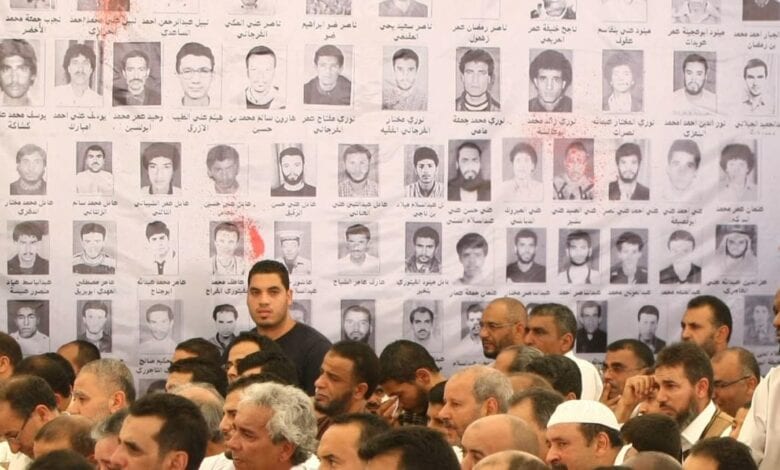
The case of the Abu Salim Prison Massacre
The Supreme Court has overturned the ruling of Tripoli Appeals Court[ii], what is next?
“The Abu Salim prison massacre – as evidenced in the [court] documents and the contested ruling – the accusation of the defendants of executing a large number of prisoners belonging to different religious groups by shooting them and smashing the heads of some of them with bricks; that is a genocide of that group outside the law, and it is one of the clearest forms of crimes against humanity”.[iii]
After 25 years, the Abu Salim prison massacre, the case returns to deliberations before the Tripoli Court of Appeal[iv], after the Supreme Court decided, in its ruling dated May 2, 2021, that the crime is a crime against humanity, to which the statute of limitations does not apply. While Human Rights Solidarity (HRS) welcomes the ruling of the Supreme Court, it hopes that the Criminal Circuit of the Tripoli Appeals Court will do justice to the families of the victims and hold the perpetrators accountable, in order to achieve justice, end impunity and lay the foundations for true national reconciliation.
In its ruling, the Supreme Court affirmed, with its assembled circuits, several important legal rules which the Libyan authorities, legislative, executive, and judicial, must abide by, including:
- That the international conventions, ratified by the Libyan state, are effective as soon as the ratification procedures are completed, and shall have precedence of application in the event that their articles contradict with Libyan legislation in force,
- The statute of limitations does not apply to war crimes and crimes against humanity[v], whether committed in time of war or in time of peace, and
- The Abu Salim prison massacre is a crime of genocide, and one of the clearest forms of crimes against humanity.
Therefore, the Libyan authorities must comply with the standards of Transitional Justice[vi], which is a package of measures and procedures, to achieve National Reconciliation. As for adhering to legislation, decisions and statements that are limited to amnesty for serious crimes and the release of those suspected of involvement in grave violations, such as the Abu Salim prison massacre[vii], this does not achieve national reconciliation, but rather is consolidating a misguided culture that encourages impunity.
LHRS-PRS-2021-06-1045-EN

